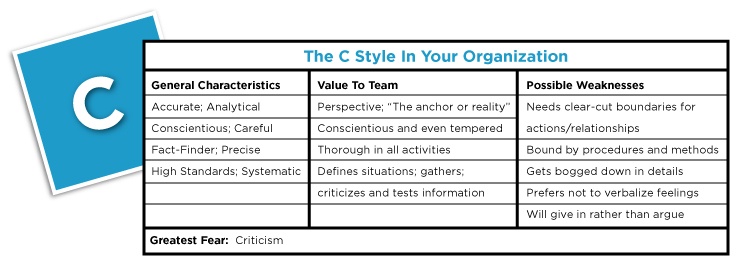What is the secret to a long life?
When it comes to living a long and healthy life, conventional wisdom often highlights familiar habits:
- Eat less bacon
- Exercise every day
- Don’t smoke
- Stay out of the sun
- Drink in moderation
These choices undeniably contribute to longevity, but research suggests there's another critical factor: your personality type.
In 1921, around the time William Marston created DISC theory, Stanford psychologist Lewis Terman began an extensive study involving 1,500 children. His goal was to explore the connection between lifestyle, personality, behavior, and life span. Over eight decades, Terman and his team meticulously tracked the lives and deaths of these participants. Their findings revealed a surprising truth: personality type is a significant predictor of longevity.
The Key Predictor: Conscientiousness
The study found that conscientiousness is the major personality trait linked to a long life. This trait encompasses planning, foresight, and caution—characteristics well-known to C personality types.
In their 2012 book, The Longevity Project, UC Riverside health researchers Howard Friedman and Leslie Martin examined Terman's data in detail. They summarized the connection between conscientiousness and longevity as follows:
"The best childhood predictor of longevity was conscientiousness—the qualities of a prudent, persistent, well-organized person—somewhat obsessive and not at all carefree. Certain other factors were also relevant, but the prudent, dependable children lived longest. The strength of this finding was unexpected, but it proved to be a very important and enduring one."
"The most cheerful, optimistic kids grew up to take more risks. By virtue of expecting good things to happen and feeling like nothing bad ever would, they predisposed themselves to be heavier drinkers, they tended to be smokers, and their hobbies were riskier."
So, they conclude, "some degree of worrying actually is good." Friedman adds, "the prudent, persistent, planful people—both in childhood and young adulthood—were the strongest individual difference, or personality predictor, of long life."
The Myth of the "Boring" C Personality
D and I personality types might argue that while C personalities may live long lives, they are boring. However, Martin and Friedman debunk this myth. They assert that conscientious individuals often experience exciting and fulfilling lives because their cautious and careful nature leads them to seize better opportunities.
Why Conscientious People Live Longer
Martin and Friedman identify three major reasons why conscientious people tend to live longer:
- Rule-Following: Conscientious people adhere to rules designed to protect health, such as wearing helmets, buckling seatbelts, and using crosswalks.
- Avoiding Risks: They are well-informed about risks and avoid dangerous habits like smoking.
- Cautious Decision-Making: They take their time with major life decisions, leading to healthier situations and relationships.
Embracing Your Inner C
For those with D, I, and S personality types, this doesn’t spell bad news. You can nurture your inner C by embracing organization, attention to detail, reliability, order, and self-discipline. While a cautious, contemplative approach may not come naturally, adopting some C-style traits could add years to your life.






.jpg)
.jpg)